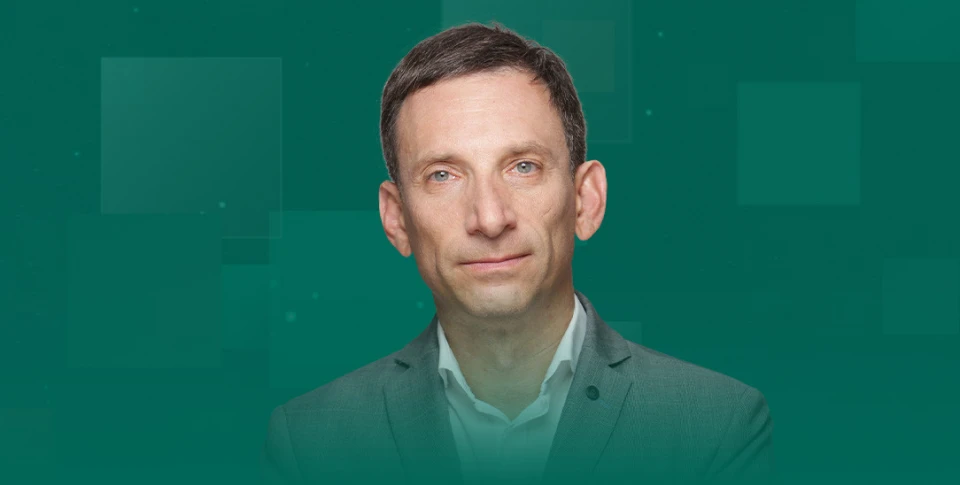
Trump and Orbán discuss strategies to end Russian-Ukrainian war
Hungarian Prime Minister Hungarian Prime Minister Viktor Orbán, leading a high-level delegation, visited Mar-a-Lago, the residence of newly elected U.S. President Donald Trump
The Hungarian leader held discussions with President Trump, Elon Musk, and Mike Waltz, Trump’s pick for the role of national security adviser.
Orbán’s visit, accompanied by Hungarian Foreign Minister Péter Szijjártó — who recently met with Russian Foreign Minister Sergei Lavrov — underscores speculation that Trump is seeking Orbán’s input on strategies to resolve the Russian-Ukrainian war. Trump appears to place greater trust in Orbán’s perspective than in those of other leaders, such as French President Emmanuel Macron or Ukrainian President Volodymyr Zelenskyy, with whom Trump recently met in Paris.
Orbán has long been a staunch supporter of Trump, backing him consistently during both of his presidential campaigns. In fact, Trump’s first call after securing the presidency was reportedly to Orbán, alongside Israeli Prime Minister Benjamin Netanyahu. Other leaders, it seems, are still waiting in line for their chance to speak with the newly elected U.S. president.
We know Viktor Orbán’s stance — it’s far from being pro-Ukrainian. His position is mainly shaped by his close ties with the Russian President. This is likely the perspective Donald Trump will hear from the Hungarian Prime Minister. Even before Orbán’s visit, reports surfaced suggesting he was planning a new peacekeeping mission, similar to the one he initiated after Hungary assumed the EU presidency.
At that time, Orbán visited Ukraine and met with President Volodymyr Zelenskyy. However, without consulting other European leaders, he later traveled to Moscow for talks with Vladimir Putin and to Beijing to meet Chinese President Xi Jinping. These uncoordinated visits drew clear criticism from European leaders committed to resisting Russian aggression in Ukraine.
Now, with Orbán enjoying Donald Trump’s confidence, his peacekeeping efforts might sidestep European perspectives altogether. Instead, he may lean on Trump’s authority, as the newly elected U.S. president is eager to show some progress on ending the Russian-Ukrainian war before his inauguration. Many believe that after visiting Mar-a-Lago, Orbán could embark on another round of shuttle diplomacy, potentially meeting with President Zelenskyy.
For Zelenskyy, rejecting such a meeting would risk alienating Trump, upsetting his team, and angering not just Vladimir Putin but possibly Xi Jinping as well. Journalists speculate these meetings could happen before the end of December, while Hungary still holds the EU presidency.
This scenario would see Orbán visiting Kyiv, Moscow, and Beijing as the leader of a nation presiding over the EU, projecting himself as a representative not just of Hungary but of Europe. If these predictions hold true, such a mission could occur as soon as next week.
Still, it remains unclear what Orbán’s mission would achieve from the parties’ perspectives. Moscow has repeatedly stated that Trump’s aim to “freeze” the Russian-Ukrainian war is unlikely to happen quickly. In an interview with American commentator Tucker Carlson, Russian Foreign Minister Sergei Lavrov firmly rejected the idea of freezing the conflict.
As is well-known, Russia wants the Russian-Ukrainian war to end on terms that guarantee Ukraine’s demilitarization, recognition of Russian control over Donetsk, Luhansk, Kherson, Zaporizhzhia, and Crimea, and changes to Ukraine’s constitution. These changes would secure the rights of the Russian language and church across Ukraine and prevent the country from developing as a fully sovereign state capable of making its own decisions about its future.
In other words, Russia’s idea of ending the war involves dismantling Ukraine as a state — whether through military means or political agreements. This is far from the so-called “compromise” that would find support not just in Kyiv but also in European capitals. It’s also unclear if the next U.S. president, fully aware that the war ended on Russia’s terms rather than those of the U.S. and its allies, would back such an agreement.
That said, Viktor Orbán might try to sell his mediation services to Donald Trump to maintain his relevance with the new U.S. administration — at least for a while. Let’s not forget that Hungary’s prime minister could also have economic goals in mind, like strengthening ties with the U.S. while maintaining his special connections with both Russia and China.
If Donald Trump were to accept Orbán’s proposals, Orbán could position himself as one of the few leaders able to balance relationships with all sides in the ongoing U.S.-China trade war. He might even watch the economic conflict unfold with indifference, confident in his ability to stay on good terms with everyone.
But another fact is hard to ignore. Once Trump is inaugurated as U.S. president, he’ll face a mountain of domestic and international issues. Orbán might end up on the back burner, overshadowed by more pressing matters. After all, for now — up until January 25, 2025 — Trump bears no real responsibility for global events. He can still enjoy lighthearted talks with Orbán, Péter Szijjártó, and even Elon Musk.
Come January 25, though, the fun will stop, at least for four years. Reality will hit hard, posing serious challenges for Trump — like it does for any populist leader — as he tries to deliver on promises while navigating an increasingly complex world.
About the author. Vitaliy Portnikov, journalist, National Shevchenko Prize laureate
The editorial staff does not always share the opinions expressed by the blog authors.
- News












































